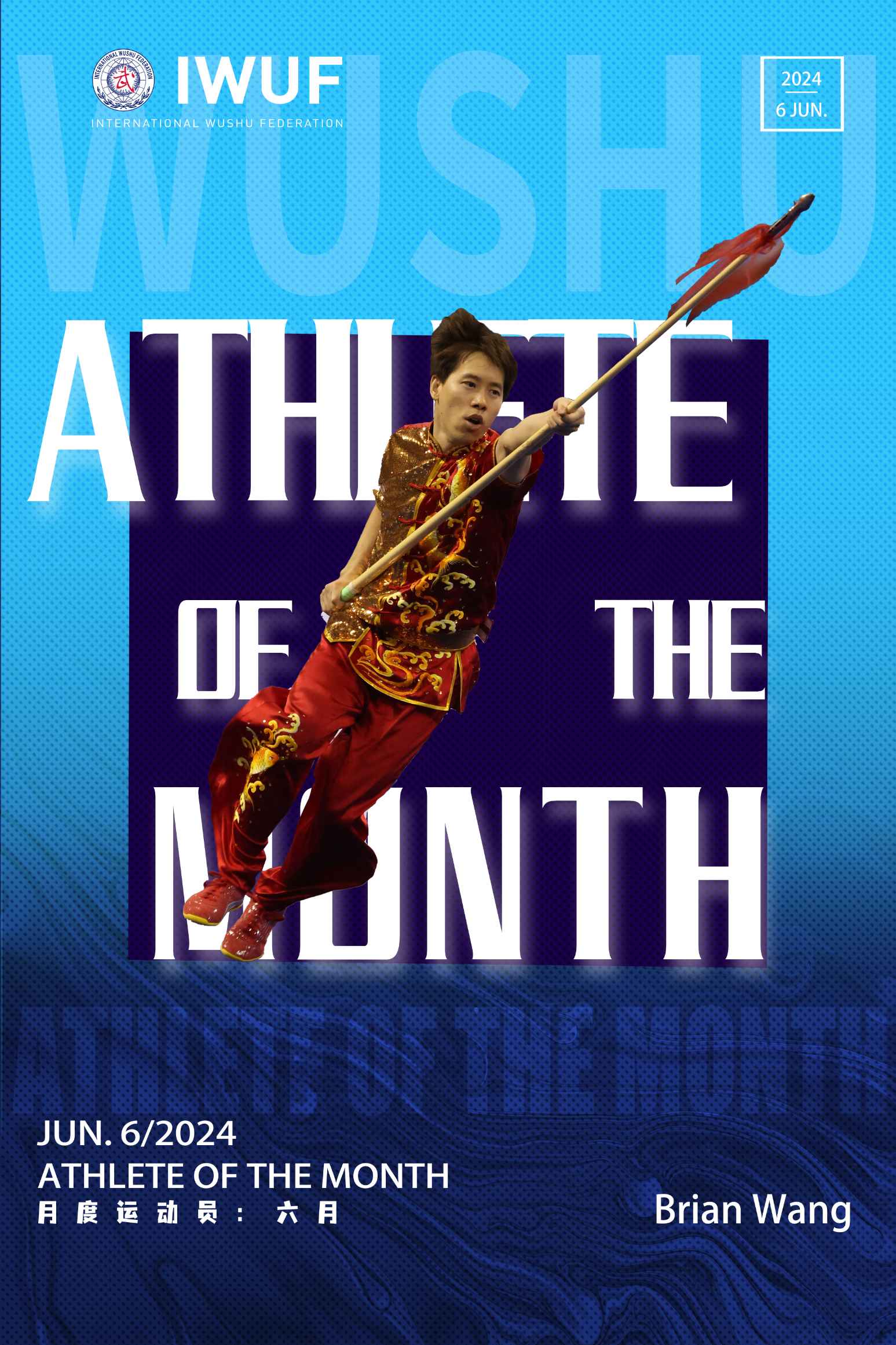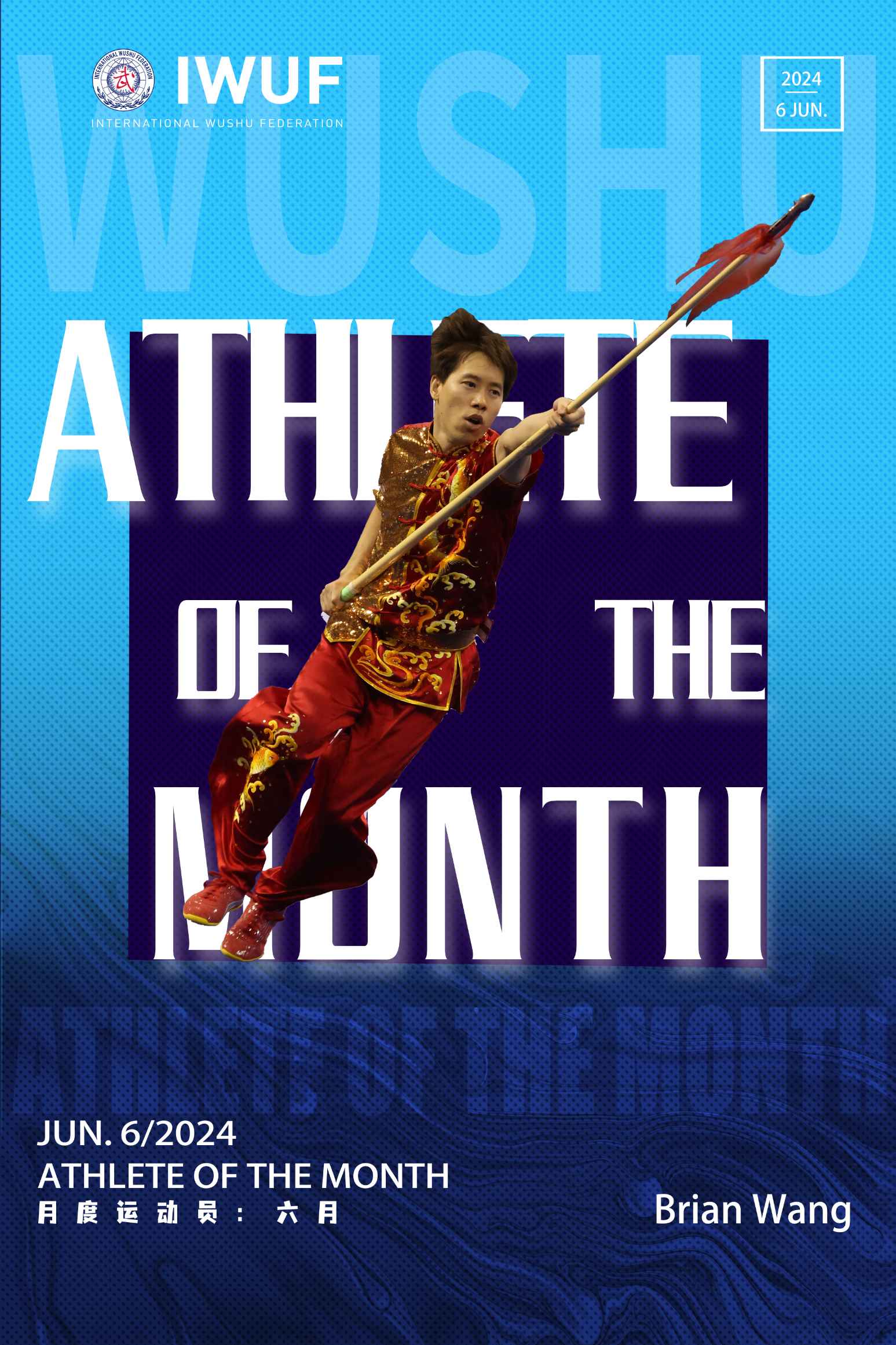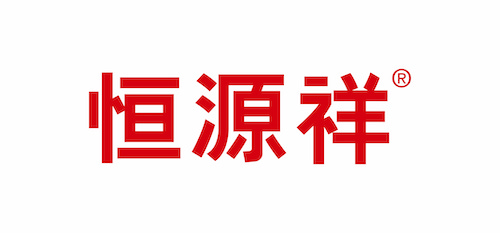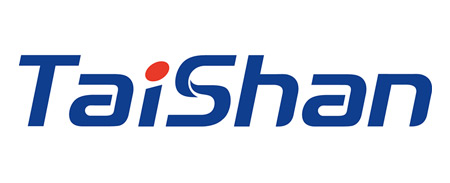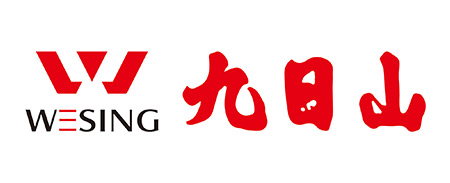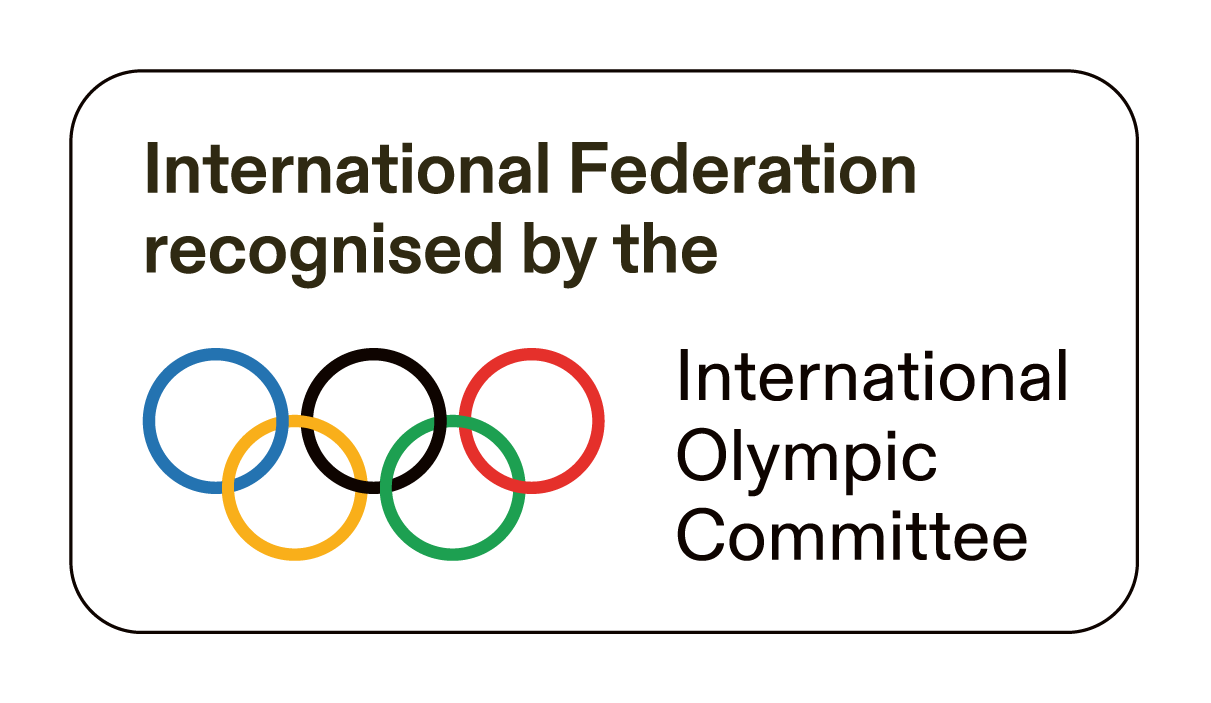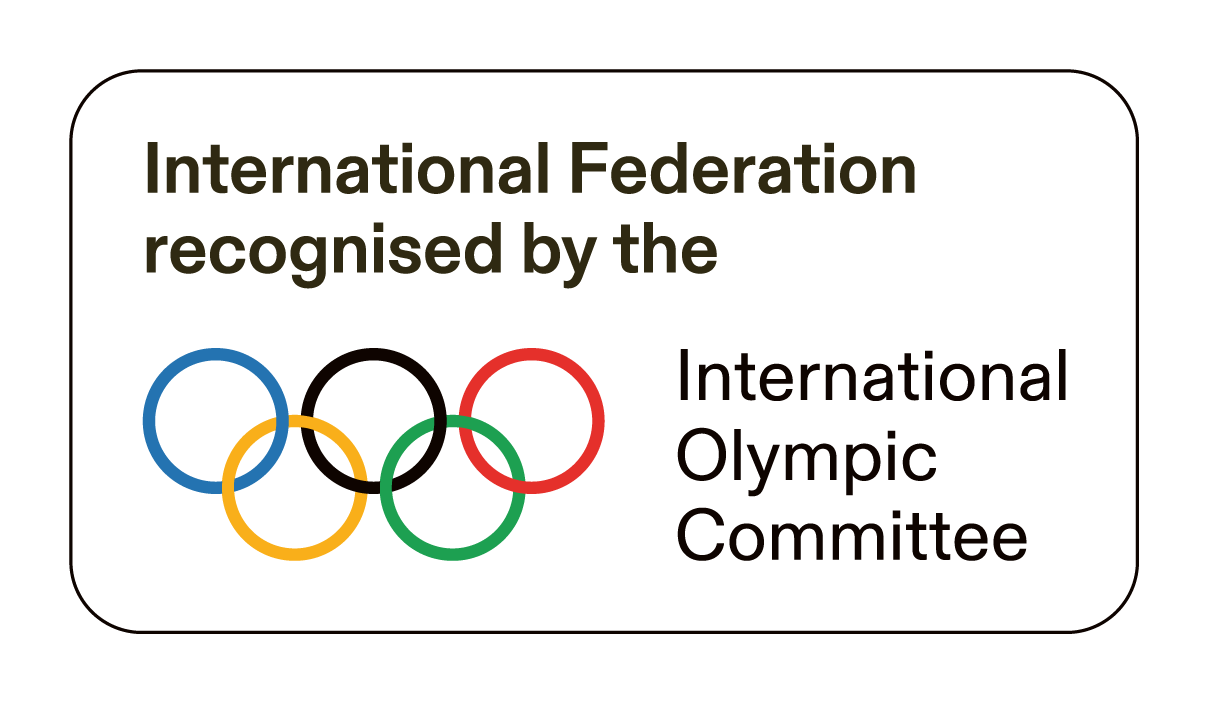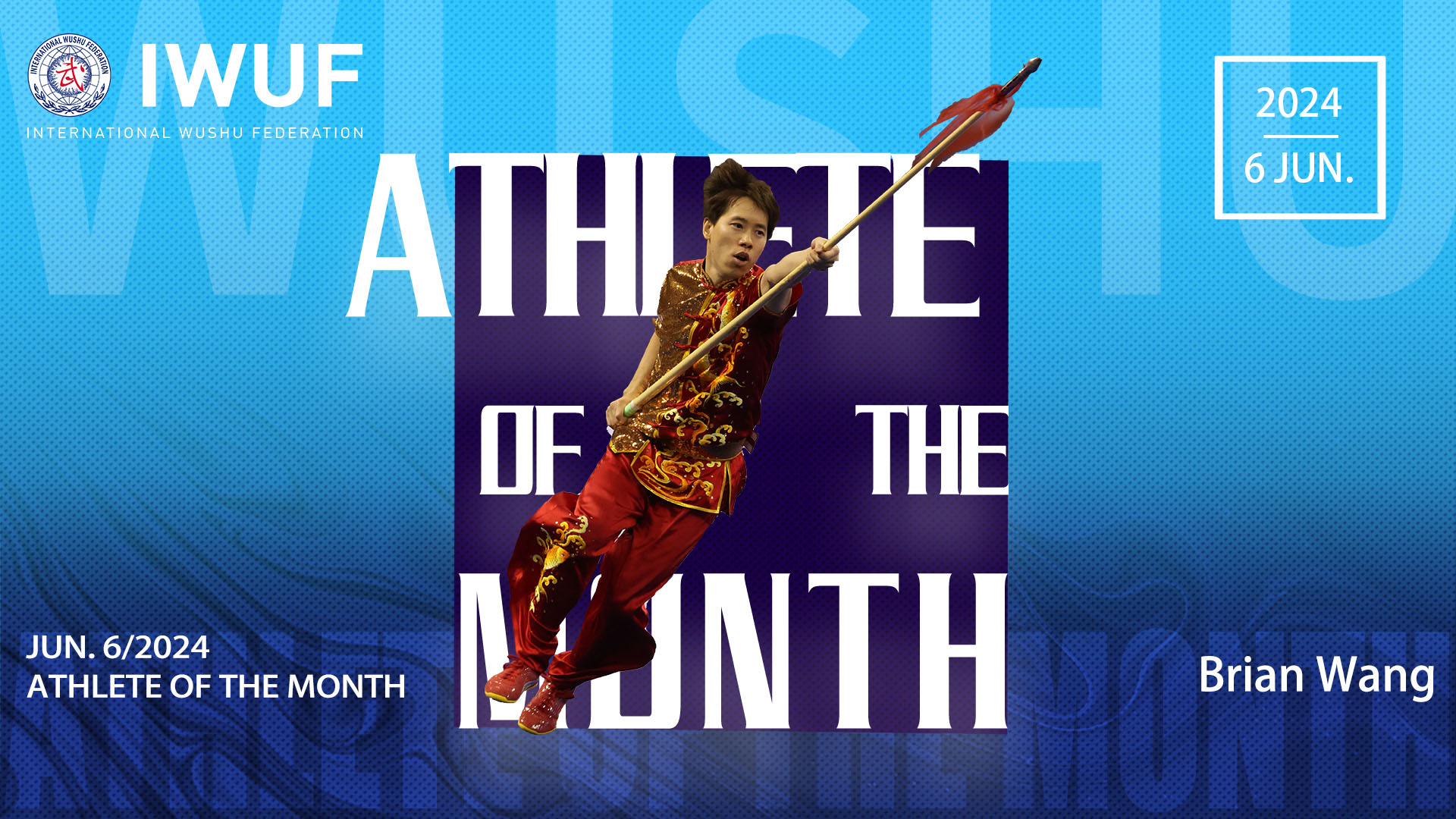
Brian Wang (USA) started training wushu three decades ago at the age of five, and his long, focused years of training and experience are a testament to the rewards of perseverance and consistency. His hard work paid off in the triumphant win of the gold medal in men's jianshu and qiangshu combined at the 2022 World Games in Birmingham. It was a victory nearly a decade in the making. He became a member of the US Wushu Team in 2013 and was a four-time medalist at the Pan American Wushu Championships. He won the gold medal in qiangshu in 2014 in San Jose, a silver medal in jianshu in 2016 in Lubbock, and the gold medal in jianshu and silver medal in changquan in 2018 in Buenos Aires. He made his international debut at the 2017 World Wushu Championships in Kazan, and followed with impressive showings at the 2019 World Wushu Championships in Shanghai, China, and the 2023 World Wushu Championships in Fort Worth, USA.
Wushu Beginnings
Brian, who will be turning 36 in July, was born and raised in the suburbs of Chicago, IL, where he’s spent most of his life. “I started wushu at age 5,” he says, “when my parents enrolled my brother and me in classes at our local Chinese language school. The story goes that my mom signed us up to prevent us from imitating the martial arts moves we saw in the movies my dad rented so we wouldn’t end up breaking the TV.”
Brian recalls, “My first official USA wushu competition was in 2005 at the USA team trials. I wasn't well-prepared and didn't fully understand the scoring and rules. Plus, I injured myself badly during the warmups for my first event, which stopped me from competing in my other two events. In the only event I did compete in, I finished near last place. It was a humbling experience and a great learning opportunity for me.”
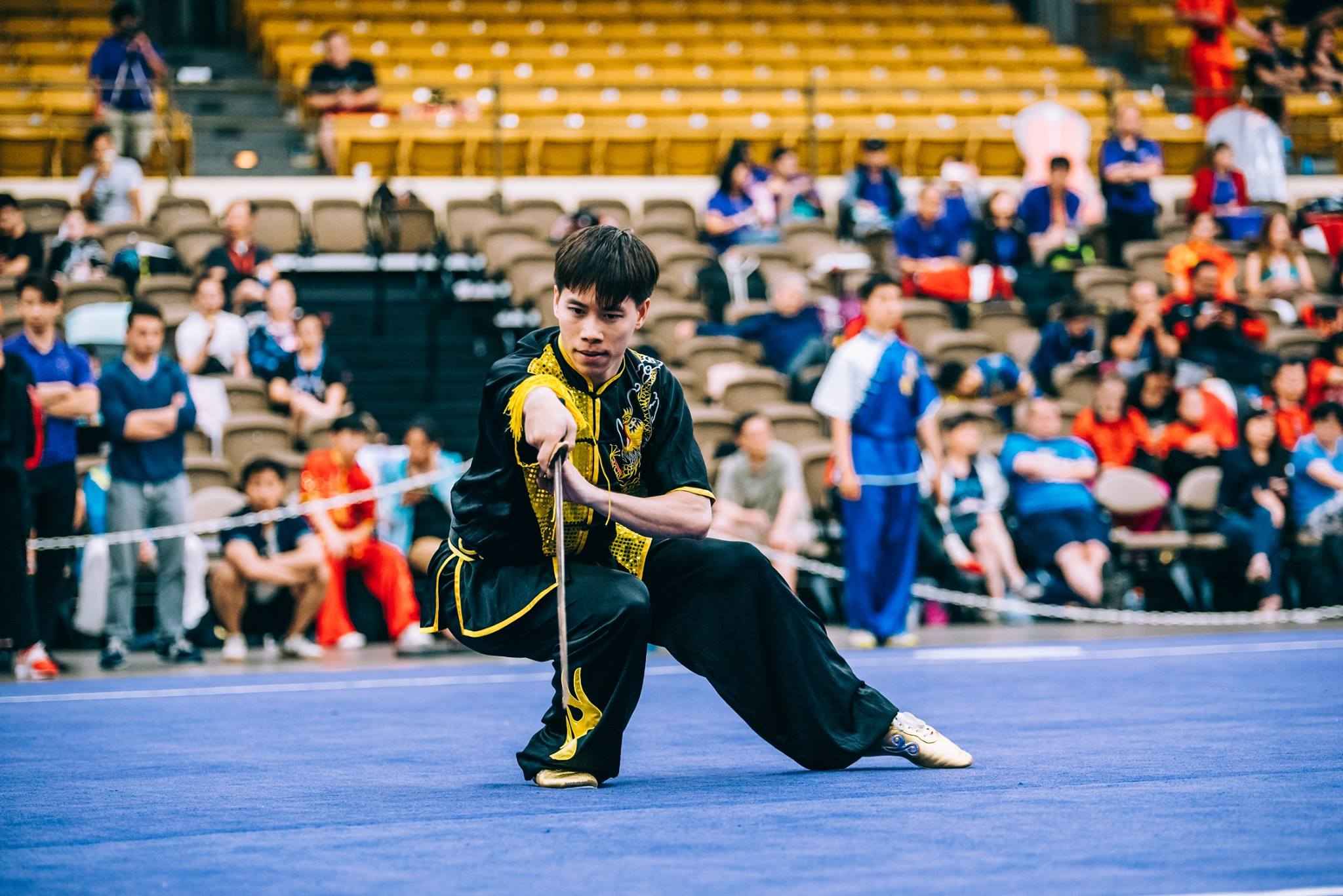
But that loss didn’t discourage Brian from his wushu training. “With encouragement from friends in the wushu community,” he says, “I returned to USA wushu competitions in 2013 and made it onto the B team that year and again in 2015. From 2017 onward, I secured a spot on the A team and had the privilege of representing the USA at several World Championships. Looking back, I appreciate the small wins and progress I made in the earlier years, which helped me excel later in my career. This journey taught me that there are no quick wins, only gradual victories.”
Gold and Silver at Continental Championships
Brian would hone his championship competition skills not only at national wushu events, but especially at continental events, becoming a four-time medalist at the Pan American Wushu Championships (a gold medal in qiangshu in 2014 in San Jose, a silver medal in jianshu in 2016 in Lubbock, and the gold medal in jianshu and silver medal in changquan in 2018 in Buenos Aires.) He says, “My initial Pan American Wushu Championships in 2014 was my first international competition and an eye-opening experience. I was amazed by the skill of the athletes and felt a bit like an imposter among so many great competitors from across the Pan American countries. Winning gold in qiangshu that year helped me gain confidence in my training and abilities, which was an important step for my future competitions at the Pan American and World levels.”
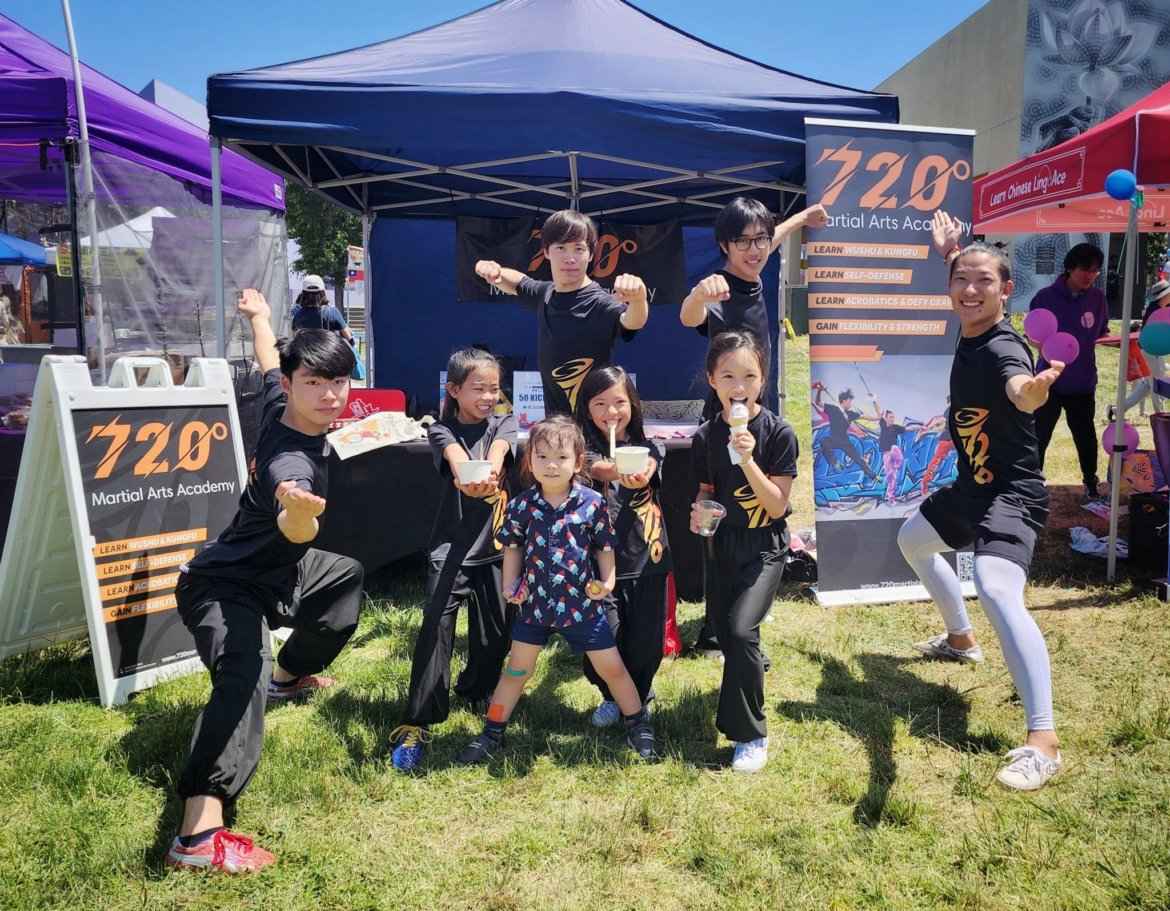
Brian also notes that earlier on, some of his most memorable experiences are from teaching collegiate level wushu at University of Illinois Urbana-Champaign and Columbia University. He muses, “When I think back to my college wushu days, one word comes to mind: ‘community.’ During my time at UIUC and Columbia University, I grew to appreciate the wushu community even more. This sense of community has kept me going in the sport, even without a formal coach or consistent training environment for the past 17 years.”
The World Championship Stage
Brian has so far competed at 3 World Wushu Championships, each a very different experience. He recalls, “Kazan was my debut on the world stage, and I aimed to complete my events as well as I did in training. Overall, I was pleased with my performances there. In Shanghai, the training was tougher and I faced more injuries. About a month before the competition, I severely bruised my hip, making training very difficult. After finishing all three events in Shanghai, my body finally relaxed, but I couldn't walk normally afterward due to the injury. Despite this, I placed in the top 6 for both jianshu and qiangshu.” With these high placements he qualified for the 2020 Taolu World Cup in Tokyo, Japan, which sadly was cancelled due to the Covid pandemic.
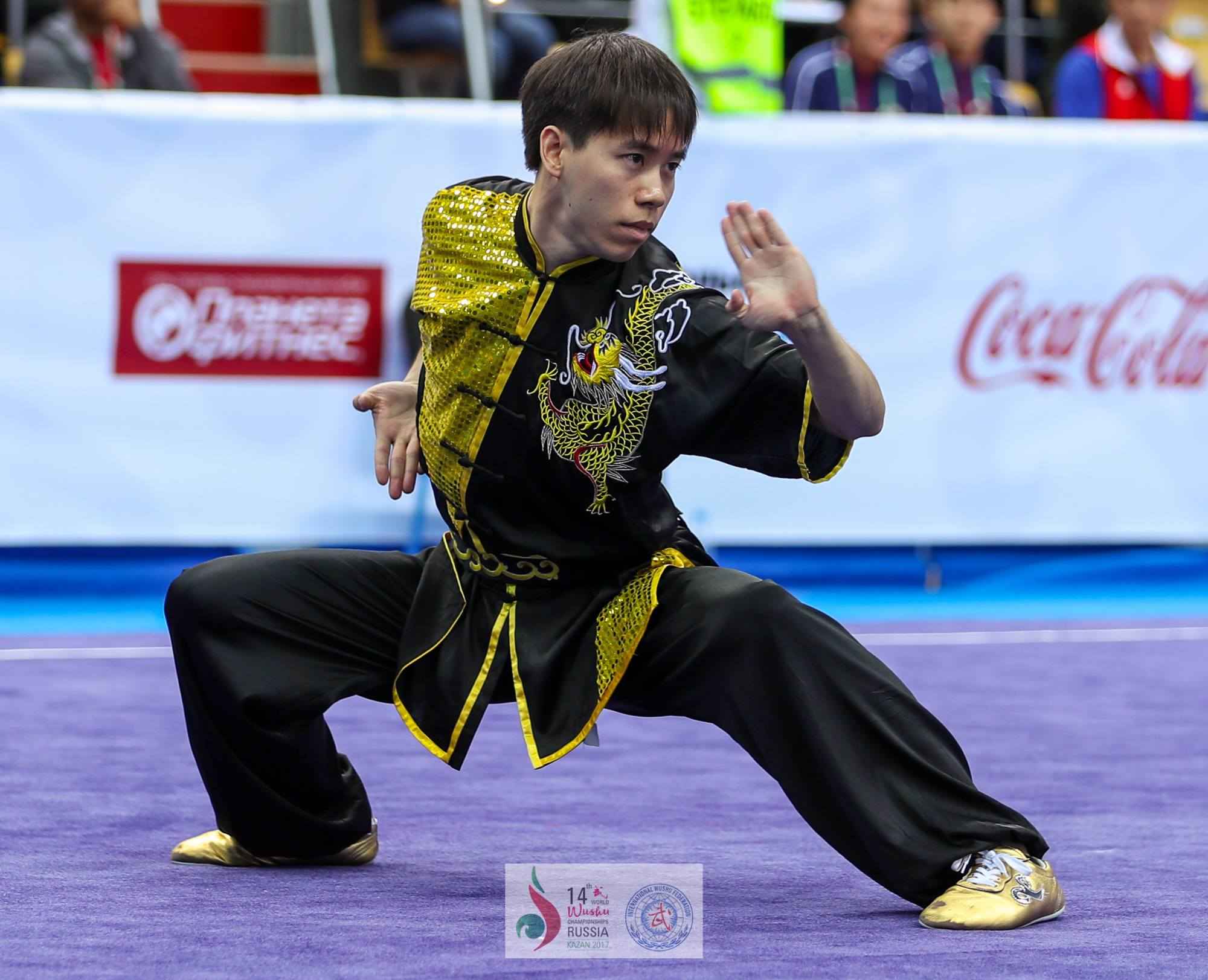
After the pandemic hiatus, he was back for his third WWC event in 2023, this time on home turf. Brian remarks, “The WWC in Fort Worth was my favorite event due to the home crowd support and the opportunity to connect more with international competitors, which I hadn't been able to do at my previous two WWC competitions. Despite receiving deductions in several of my forms, I was generally pleased with my performances and felt stronger and less injured compared to Shanghai.”
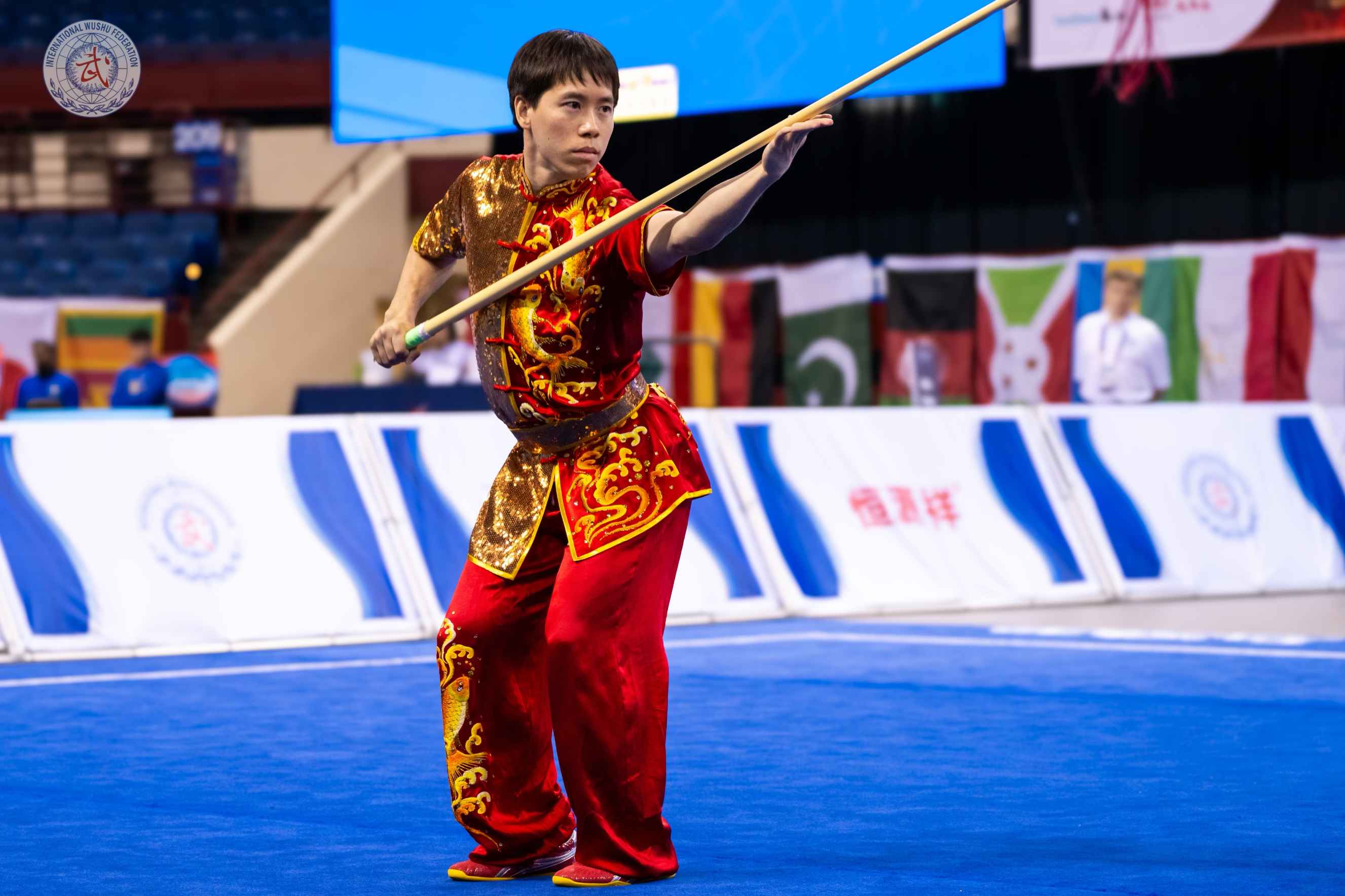
Gold at The World Games
Some of the pressure may have been lessened by the glow and gold dust still following Brian from his triumph at the 2022 World Games in Birmingham, where he competed in top form, amidst a tough field of competitors, and won the gold medal in men's jianshu and qiangshu combined. He says “The World Games 2022, though smaller in scale, was an unforgettable experience for me as an athlete. The production and organization were exceptionally well-done, and I was moved by the enthusiastic support of the home crowd, many of whom were witnessing wushu for the first time. As a USA athlete, there was added pressure with the event being held in our home country, but I tried not to place too much emphasis on my scores and performances.”
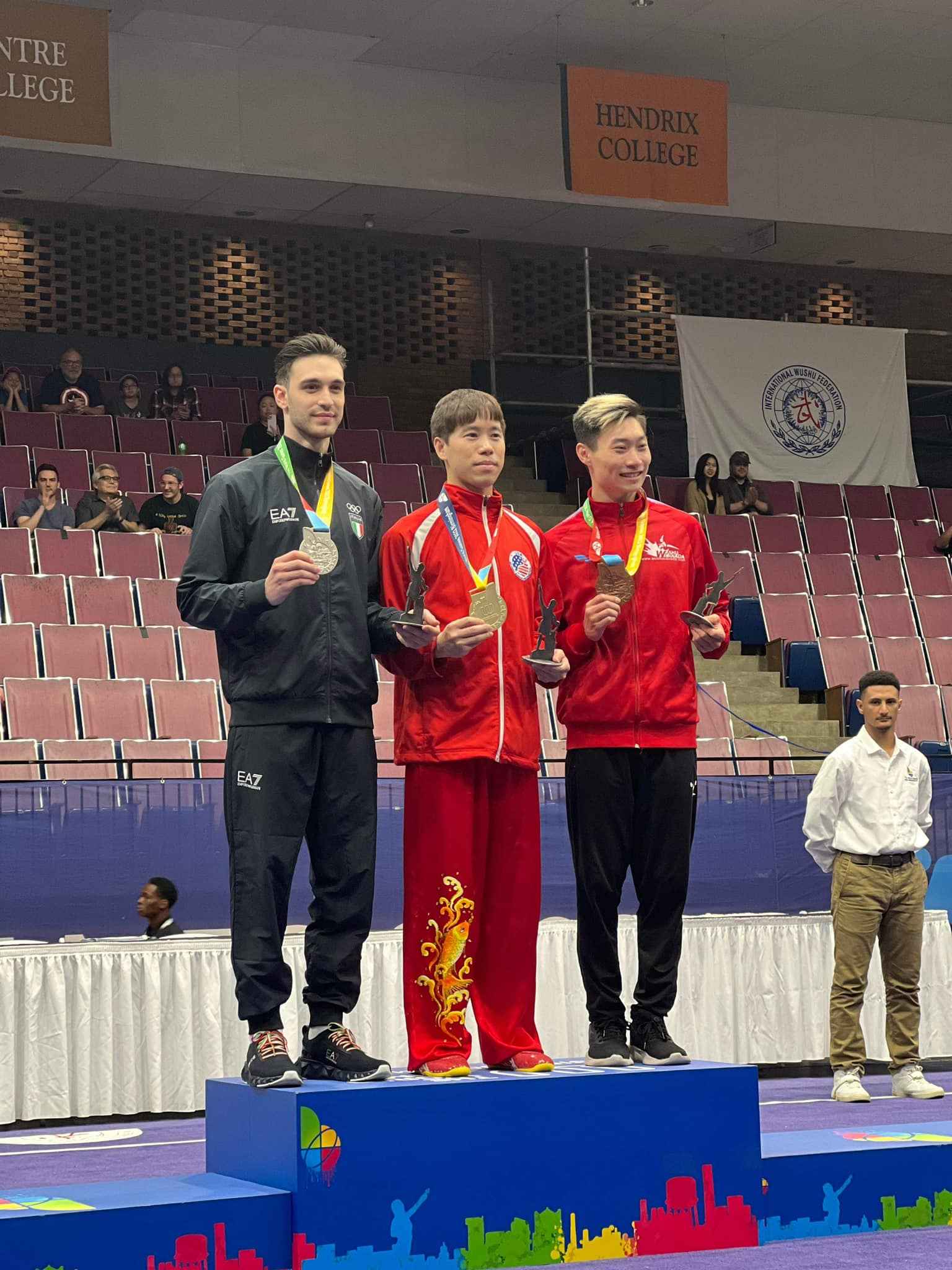
Brian remembers, “When I received my final event score as the last competitor, it dawned on me that I had won the gold medal at The World Games 2022. It felt surreal, and standing on the podium with the national anthem playing was a culmination of years of hard work and dedication. I felt immense joy knowing that my persistence in the sport had paid off, and I was grateful for having stayed committed for so long even well into my 30s.”
Wushu Life
Medals and honors reflect the hours, days and years that a wushu athlete puts into their craft, and many other overall experiences reflect the cumulative impact the sport has on their life. Brian reflects on time spent with his fellow team members. “Being with the USA team is always enjoyable,” he says. “Whether old teammates or new, we share a common passion. Even if we don't see each other often, our bond through wushu remains strong, and many of my teammates have become close friends I'm friends with many USA and international wushu athletes. Despite living far apart and seldom visiting each other, our shared love for wushu creates a strong, almost unspoken bond of friendship.”
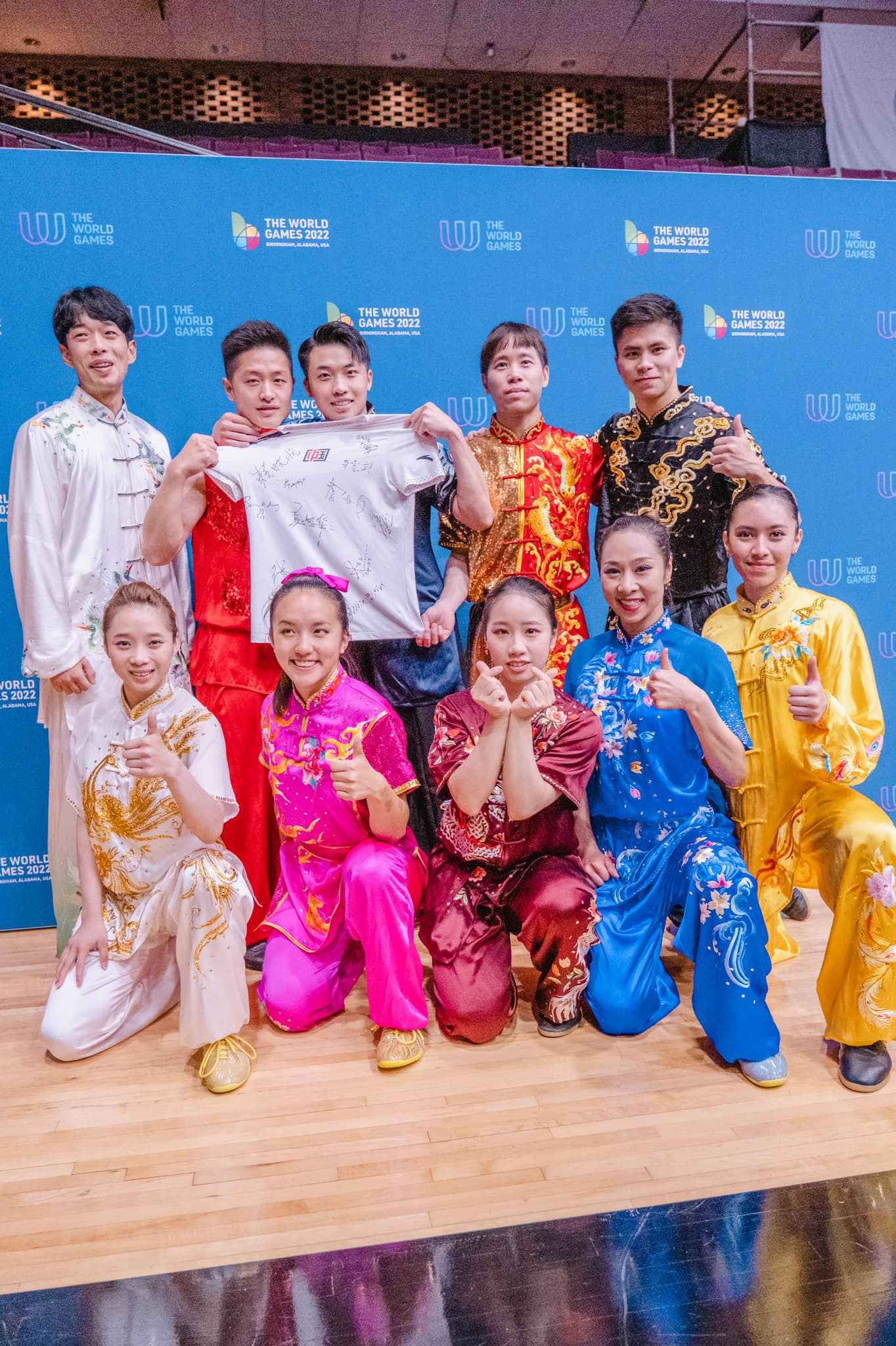
Brian’s specialties are jianshu and qiangshu, as well as changquan – we asked him what he likes about these styles, and he answers, “Growing up, I trained with various weapons and styles, but my preference for jianshu/qiangshu developed after watching the men's jianshu division at a UC Berkeley tournament in 2004. At the time, I was competing in daoshu, but the grace and elegance of jianshu captivated me. Overall, I feel that jianshu/qiangshu suits me better because I've never been known for physical strength. Instead, I rely on understanding body mechanics and coordination to express my own version and style of jianshu/qiangshu.”
Philosophy and Challenges
Philosophically, Brian says, “Competitions were never about winning for me; they were about achieving my training goals and, most importantly, being part of the rewarding wushu community, both locally and internationally, which keeps me coming back to and staying in the sport.”
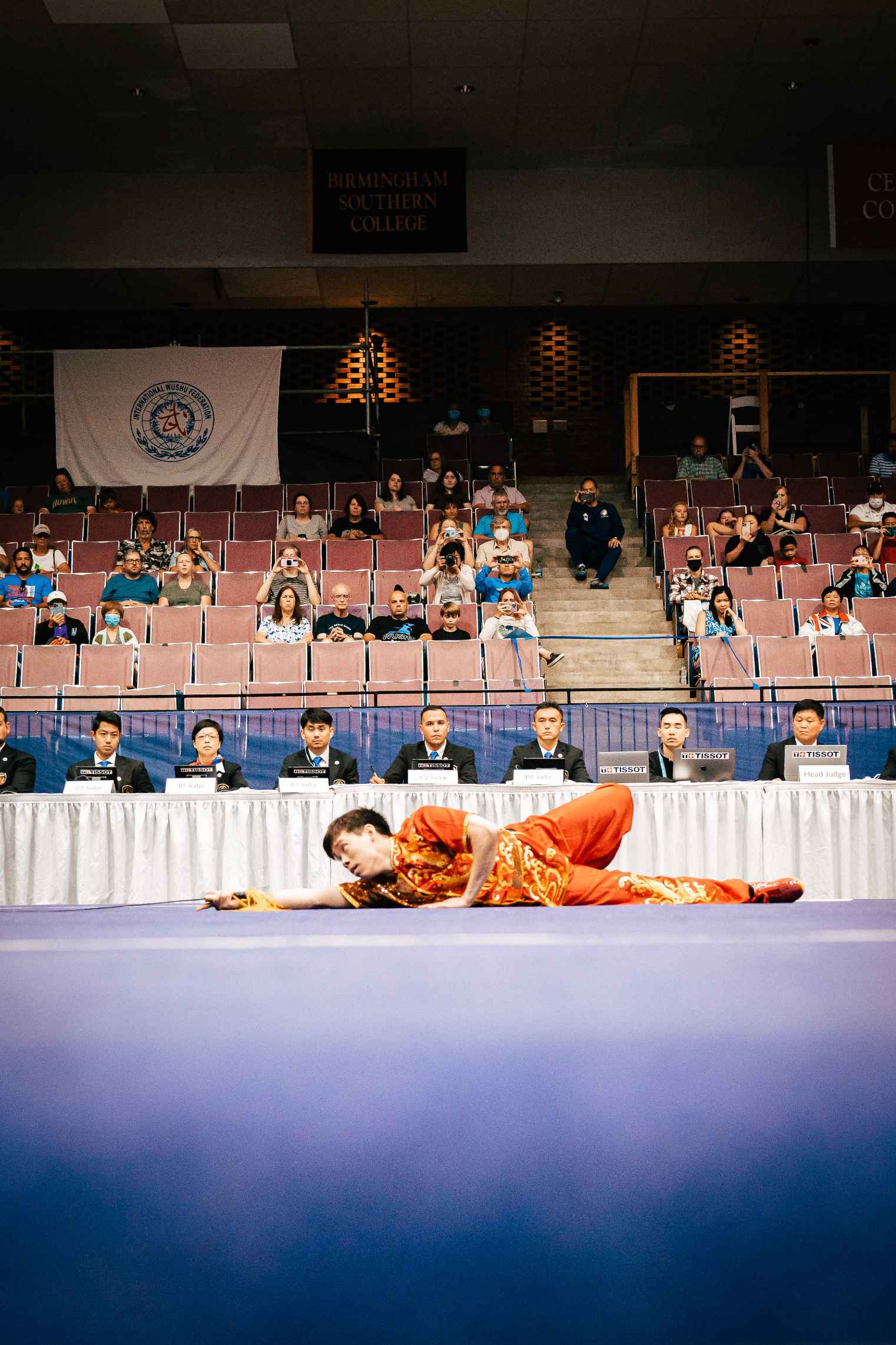
“My biggest challenge,” he continues, “is maintaining peak athleticism for competitions in my 30s while juggling a full-time office job and running several small businesses on the side. I've always believed that if something is important to you, you'll find a way to prioritize it. Despite my busy life outside of wushu, I carve out dedicated training time every week. Balancing work responsibilities has become more challenging, but owning a wushu training facility now leaves me with fewer excuses not to practice. In my 30s, competition is more about upkeep —understanding my body and knowing when to stop to prevent injuries.”
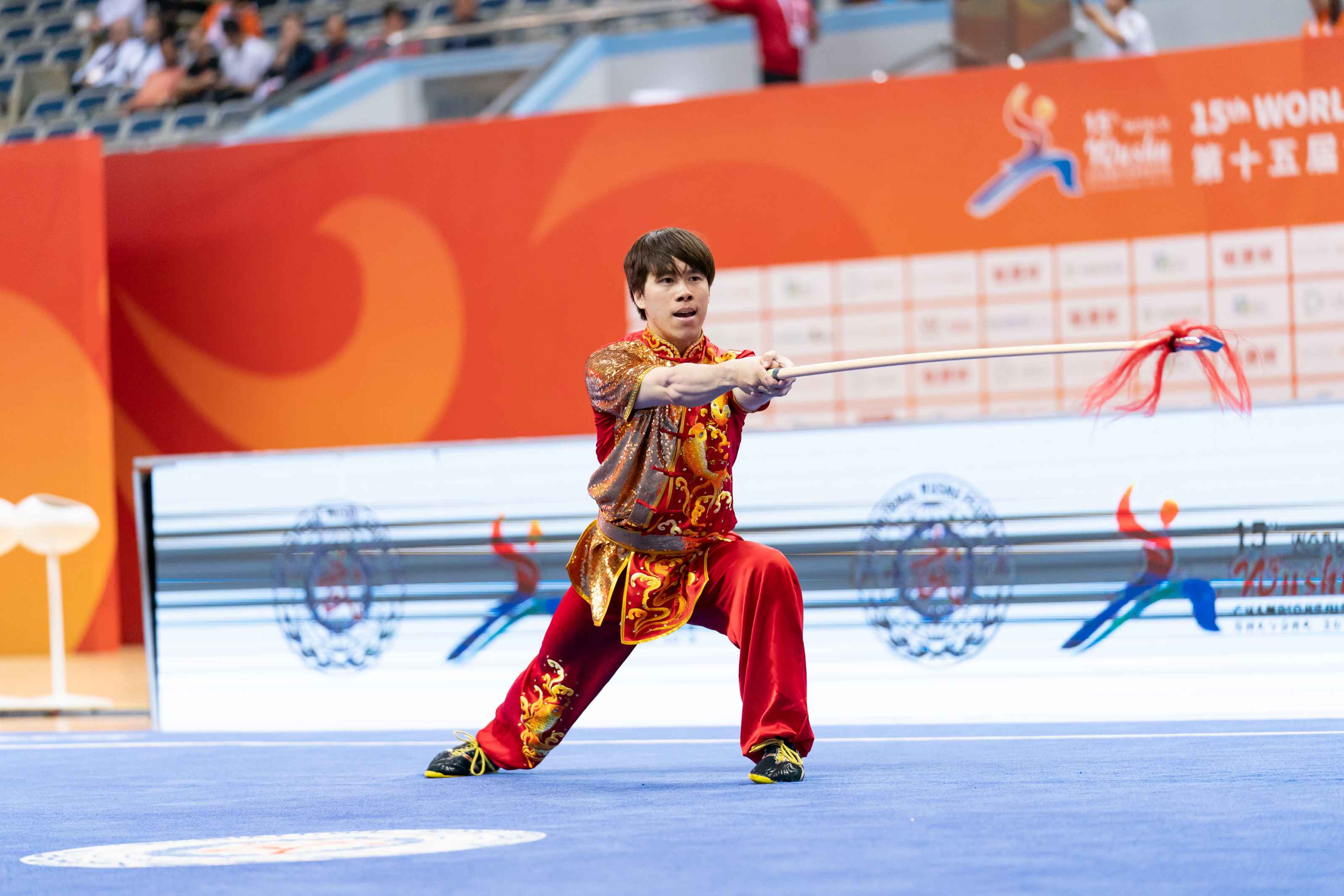
Wushu Influences
Brian also reflects on the coaches and experiences that have influenced his wushu career. “I've been fortunate,” he says, “to have many coaches throughout my wushu journey, but two stand out as the most influential. My first coach, Guo Jian Hua, laid the groundwork by emphasizing strong fundamentals and helping me achieve a high level of athleticism in wushu. Later, while living in New York City, Coach Chen Ying played a pivotal role. He not only guided me in developing my own unique wushu style but also taught me how to stand out in a competitive field through technique, shengfa (body mechanics), and overall coordination of movements.”
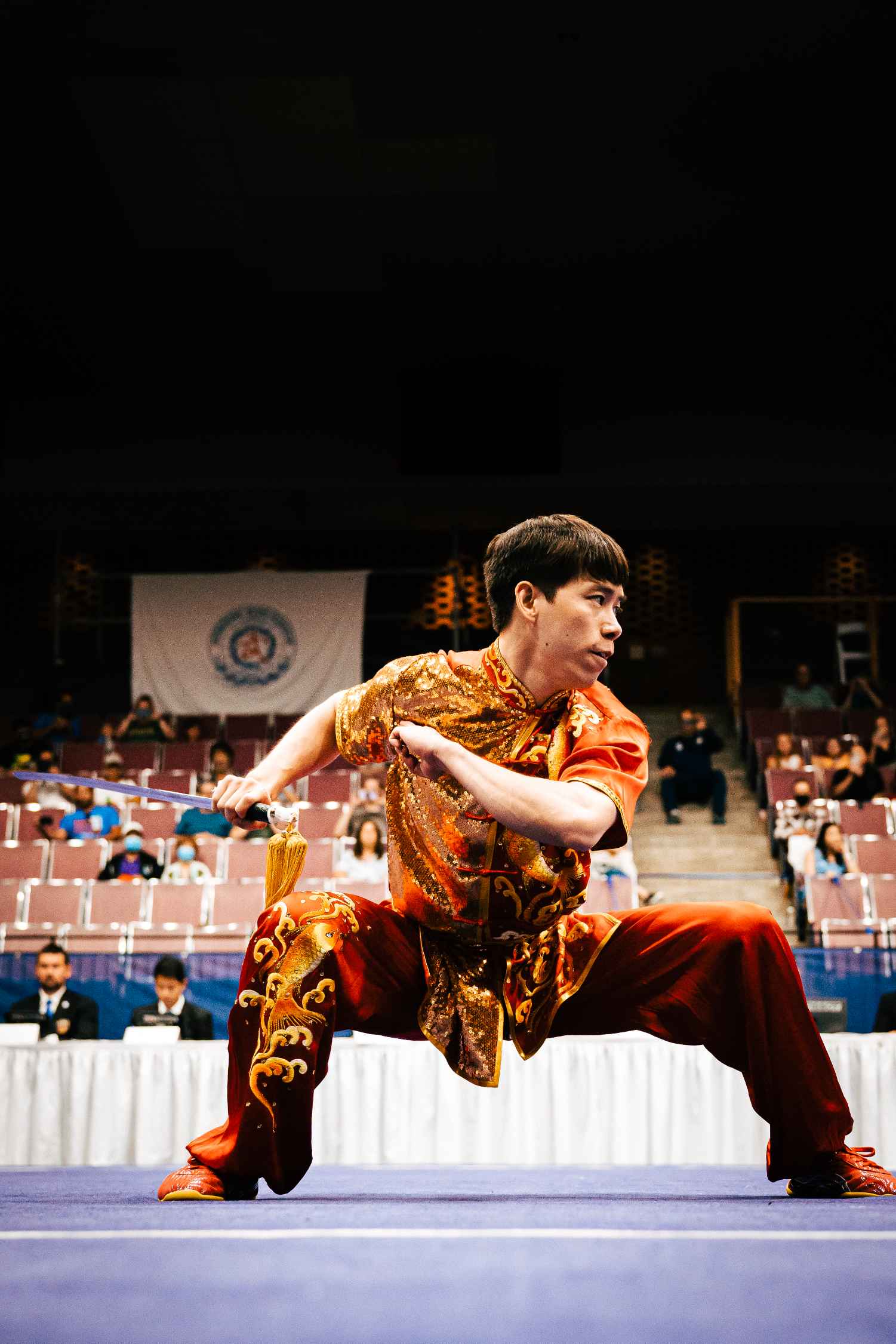
Brian adds, “I've had the opportunity to train in China three times—once in Beijing and twice in Wuhan. Each experience has been eye-opening. Witnessing the highest level of wushu in person is vastly different from watching it on a screen through videos.”
And, not least, he adds, “My family is also incredibly supportive. They recognize that wushu is more than just a sport for me; it's a way of life that has been integral to my personal development over the years.”
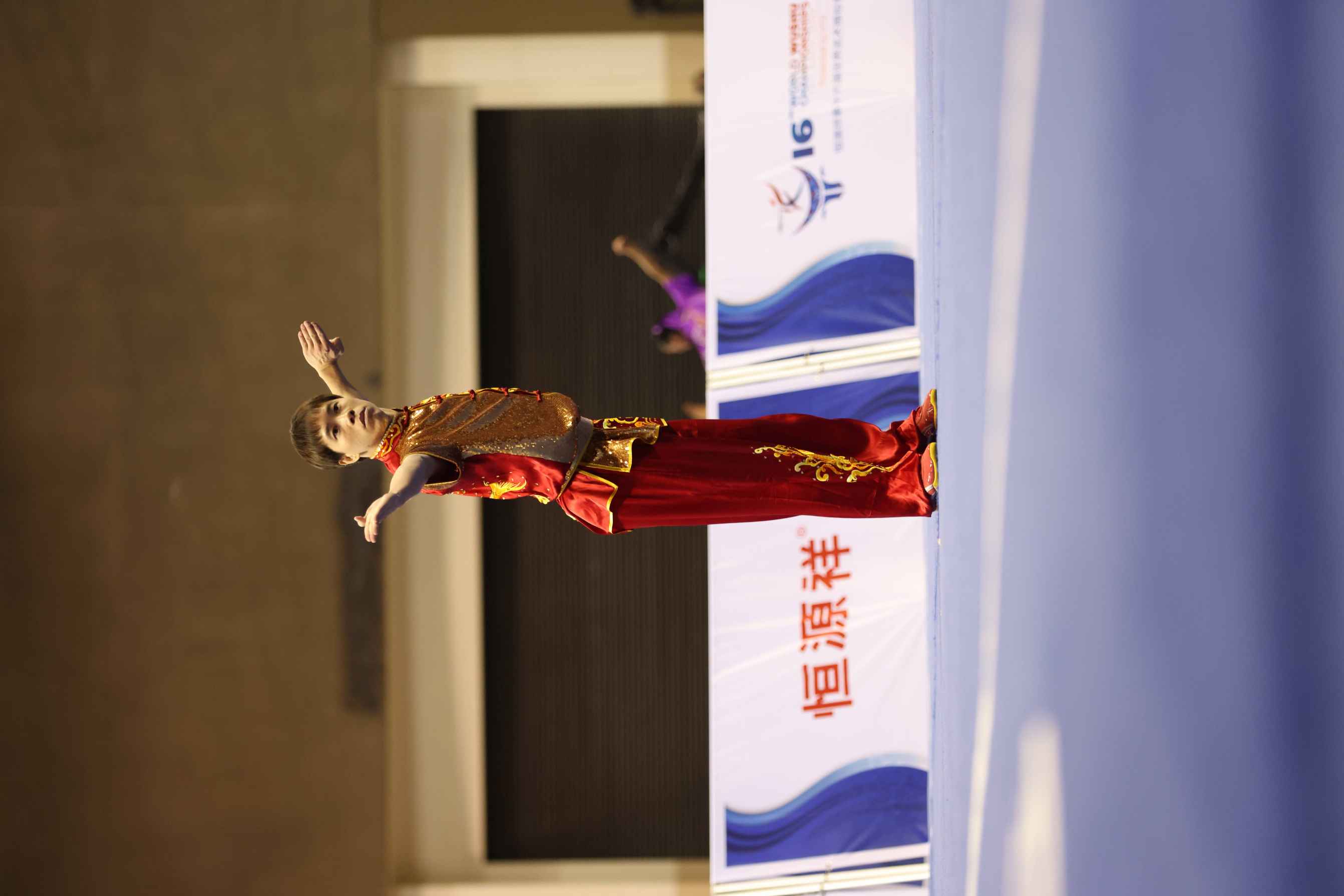
Wushu and Life
Some professional athletes have the opportunity to focus on wushu solely for an entire career revolving around sport, but most athletes work hard to establish a balance between their wushu and other life responsibilities and goals. Brian reflects on how it all flows together, saying, “Besides wushu, I work multiple jobs. I'm an analytics lead at a large biotech firm and co-manage an online stationery business with my girlfriend. Recently, I also opened a wushu training facility in San Jose, CA earlier this year, so I'm fairly busy with coaching students and managing operations. Wushu has given me a strong base for success in school and work. It has also boosted my confidence in everything I do. Looking ahead in wushu, I want to keep practicing, learning, and exploring my love for the sport even more. Even after I stop competing, I plan to stay involved in wushu, especially since I now run my own training center. It's hard to stay away from the wushu community!”
